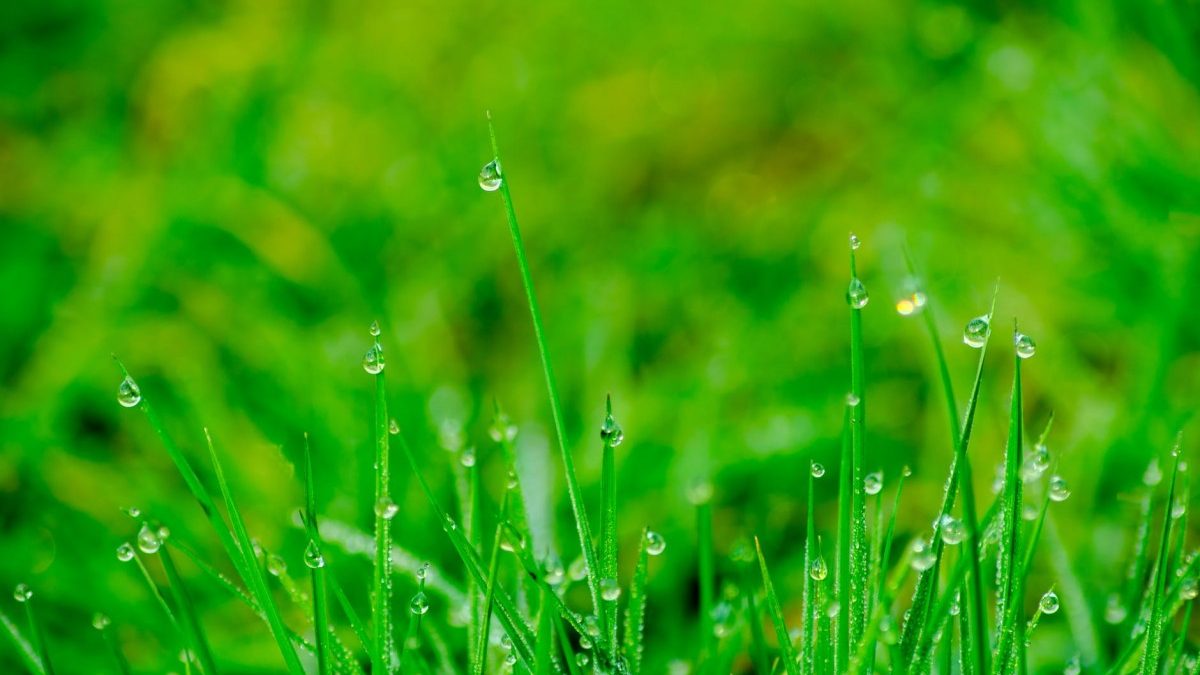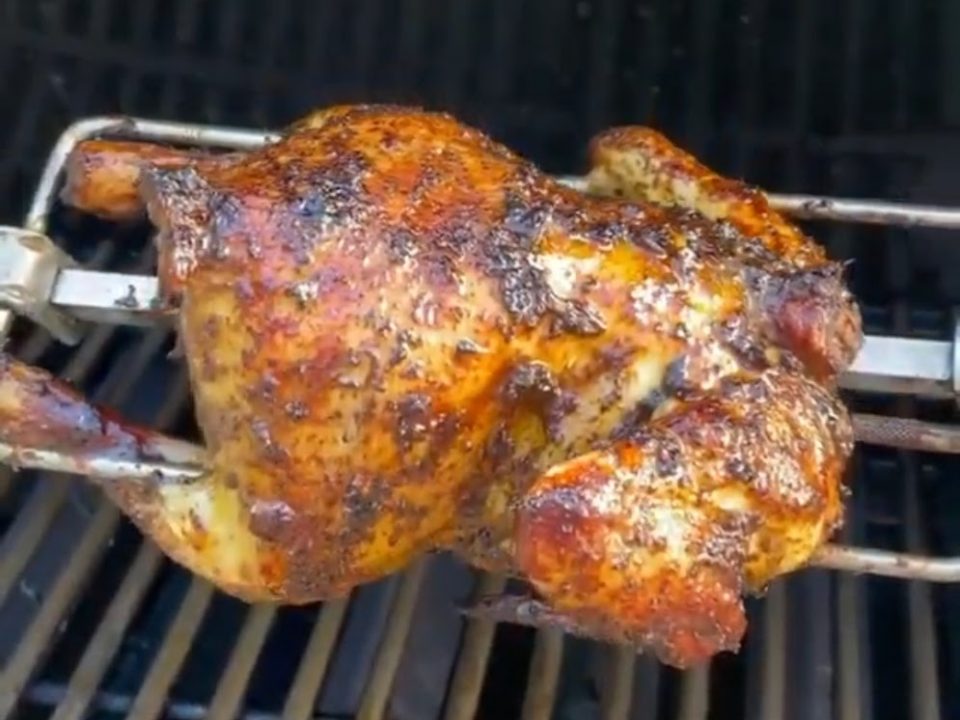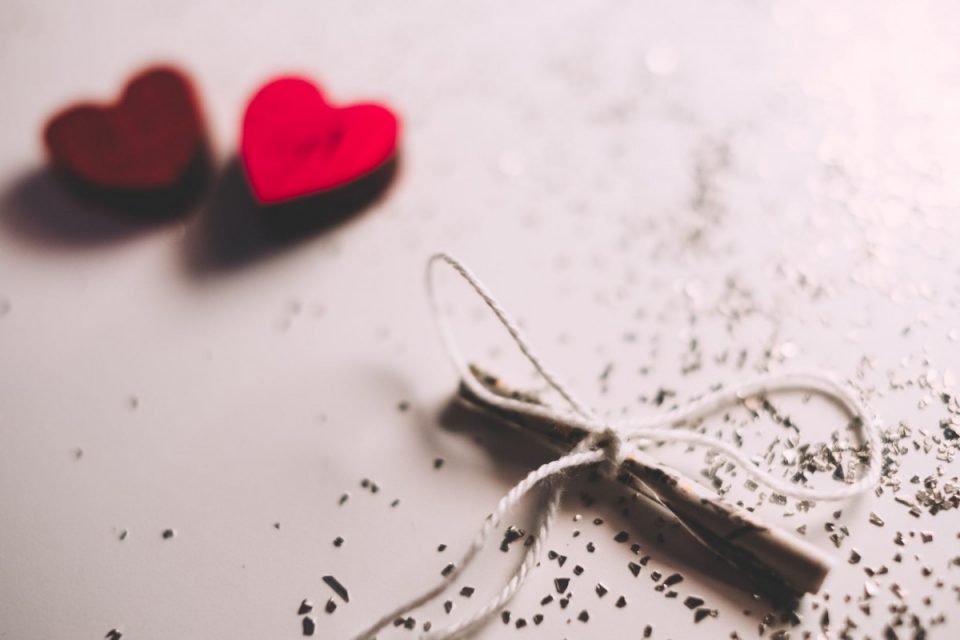Try this: think back to something random in your childhood, say, around age eight. Now, conjure up a particular smell you remember from your distant past.
The first thought of myself at age eight is a set of pj’s I had that were white with pink outlines of cats. The memory floats there isolated until I actively dig around to see my surroundings, and then more memories bubble up. However, the first smell I conjure—the smell of fresh cut grass—also arises unattached to one specific event, but instead I feel like I can smell that grass as I write, and it immediately makes me feel things even before words come to mind: warm sunshine, relaxed weekend mornings, feeling safe.
Smell is such a primal force in our experience of life. More than the other senses, our sense of smell sends olfactory cues directly to the brain center where long term memory is stored and emotions are processed[1]. Smell draws a straight line from our environment into our understanding; from an evolutionary standpoint, smell is what let early Homo Sapiens create life-saving social bonds, and understand their world.[2] It’s the only sense that develops fully in the womb,[3] so that newborns recognize their caregivers by familiar scent. And up until around the age of ten, smell is the primary sense perception, until vision then takes over[4]. This is why so many of us have the experience of smelling that particular smell that sends us careening right back to our childhoods, for better or worse.
For many, childhood, food and home are inextricably linked. Being Guyanese in Canada, we ate lots of foods and also lots of Guyanese foods during my childhood. The fragrances of curry powder, garam masala, onions and garlic frying so ubiquitous, like a fish who doesn’t know what water is, I never paid sentimental attention as a child to what was served up at the dinner table. I had an intellectual knowing in the 80s, in the suburbs, that our fresh-cut lawn was the same, but our food was different. As an eight-year-old I didn’t know how to talk about what curry is as it relates to my family background, or what it means in the larger context of colonization, but I knew it was good, it was normal, it was home. And if it didn’t look and smell like my mother’s curry, to me, it wasn’t the real McCoy.
I started cooking when I was 15-years-old, but I have never perfected my curry—I remember early after having moved away for university trying my hand, but when it didn’t even come close to the real thing (too watery, salty on the exterior and not flavoured through, somehow not even the right colour), I just stopped trying because I could always go home and get the goods straight from the source, perfect every time. But now that I’m a mother I wonder what smells from my kitchen are weaving into my young son’s memories and his formative thoughts about home. Smell connects us to our evolutionary past, our ancestral history, but simultaneously also deep into our identity, our childhood, memories, emotions. It’s the biological function that connects us to who we are and where we come from.
My new year’s resolution for 2022: time to perfect my curry.
[1] https://www.discovery.com/science/Why-Smells-Trigger-Such-Vivid-Memories
[2] https://phys.org/news/2011-12-good-evolutionary-advantage-neanderthals.html
[3] https://pathways.org/babys-sense-of-smell/
[4] https://news.harvard.edu/gazette/story/2020/02/how-scent-emotion-and-memory-are-intertwined-and-exploited/
by Nadia Ragbar





